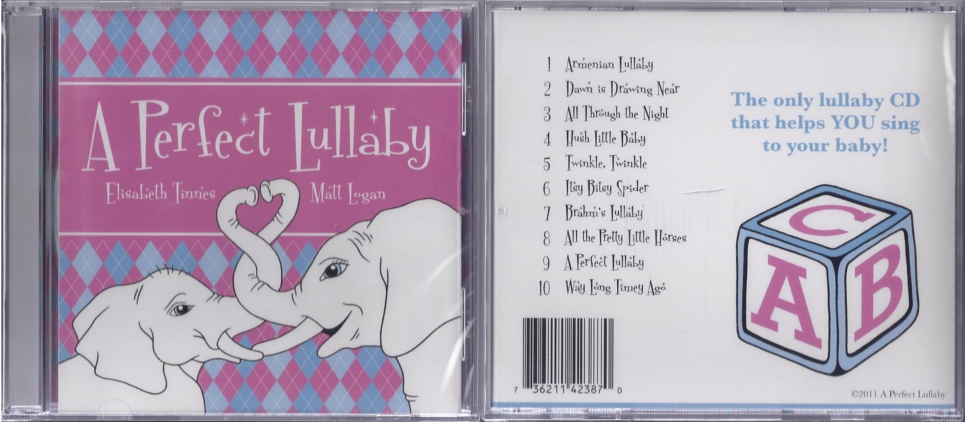Shame on you, American Idol!
“What?! I love that show!”
This is not actually an attack on Mr. Seacrest and the gang, but rather an observance of some of the downsides of the commercialization (and professionalization) of music.
In short, people are scared to sing. And specific to this post, moms are tentative about singing to their babies. Moms may believe, “If I don’t sound like Kelly Clarkson, I shouldn’t sing at all.” But this is untrue! We know an infant prefers his mother’s voice to any other. Period. And I have yet to meet an infant with an ear as discerning as Simon Cowell’s.
If you are reading this as a fellow music therapist or musician, you’re thinking, “I have absolutely NO problem singing to babies!”. But you have had musical training. You are way more confident and comfortable with your singing voice than the average Jane or Joe.
So…what’s the problem here? Well, the problem is that babies may be missing out on some of the amazing benefits inherent in infant-directed singing. As musicians and MT’s, you likely already know that there is purpose behind a lullaby or play song. The elements of the music itself regulate mood. Emotions are conveyed through music. The repetitive nature of songs can be the building blocks for language development down the road. All of these things enhance the attachment experience. For more on Infant Directed Singing and attachment, check out Kimberly Sena Moore’s article in Psychology Today. She even makes a similar American Idol reference 🙂
We know that developing a secure attachment with your baby is a good thing. Some outcomes, when compared to children who had an insecure attachment experience, include better emotional regulation, better social skills, and higher academic achievement. We want that for our children, right? Or grandchildren? Or nieces and nephews?
So music can help with establishing secure attachment, and secure attachment leads to a whole host of positive outcomes. The question, then, appears to be, “How can we encourage tentative mothers and fathers to sing?”
A Perfect Lullaby is not titled as such just because it contains a track with the same name. Nor are we making a claim that this is the most perfect audio recording to ever grace a jewel case. It’s perfect because if features YOU as the singer, which is your baby’s definition of perfection.
Elisabeth Tinnes, the singer on the record and fellow MT-BC, sings each song a time or two, and then hums the melody with the accompaniment. The humming provides melodic and stylistic support to the caregiver as he or she sings directly to the baby, hence the tongue-in-cheek term, “lullaby karaoke.” It can also be thought of as a lullaby “trainer”, since some of the songs are probably new.
It may be bold to believe that a lullaby CD could contribute to a more secure attachment and result in better outcomes for an individual child. However, the vast body of research supports this notion. And there are benefits for mom, too. Singing lullabies promotes relaxation, which can be helpful in dealing with the stress and anxiety often associated with parenthood..
Hours of thought, research, writing, recording, and production went into this product. Many, many, many hours. If it helps one mom feel more comfortable singing to her baby, it will have been worth it.
If there is a special baby in your life, A Perfect Lullaby just might be the perfect gift. It’s much more than just an audio recording – it’s an interactive experience that can happen over and over again. It’s the shared gift of music.
For more information regarding the CD, as well as podcasts about using music with infants, please visit the homepage for A Perfect Lullaby.

